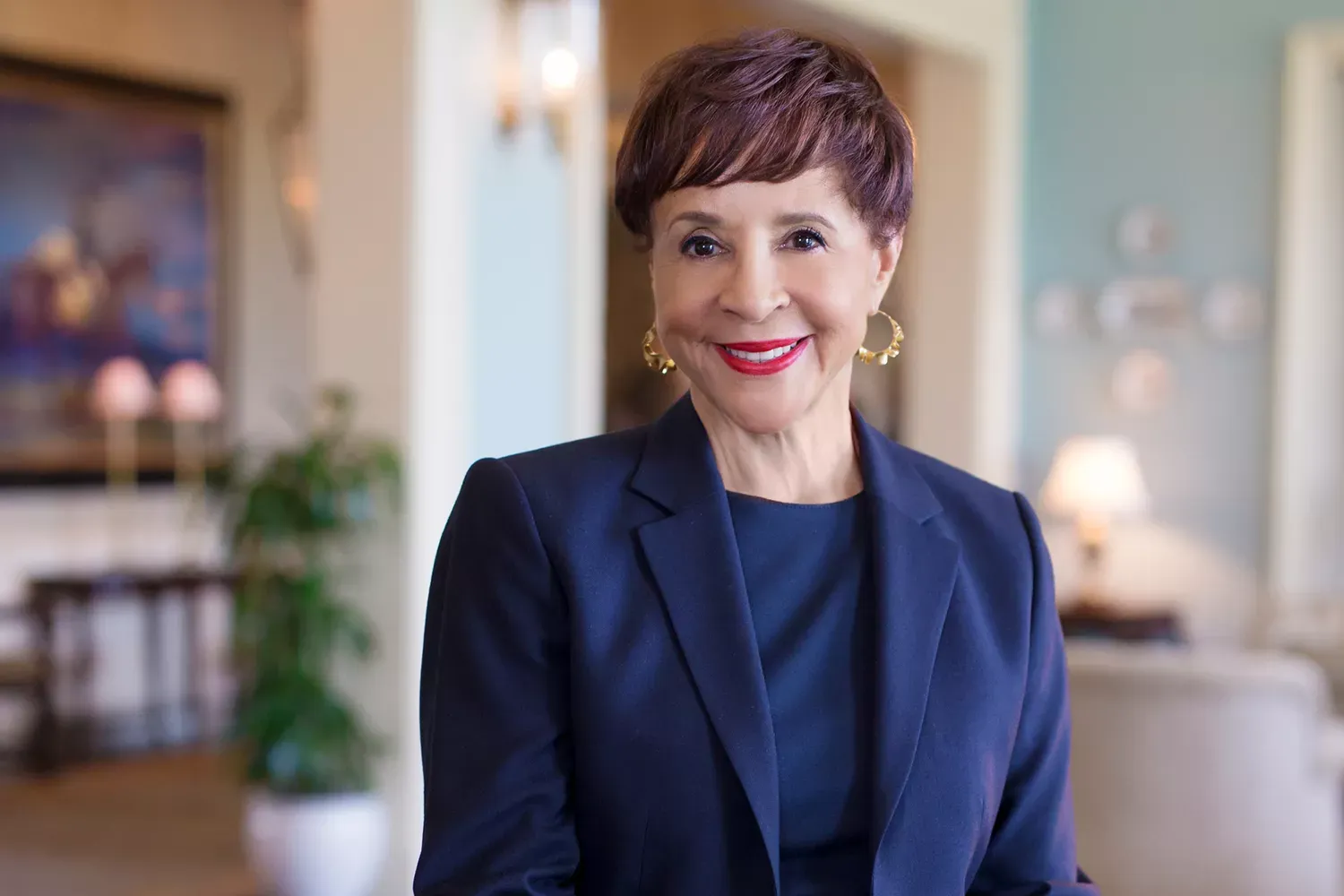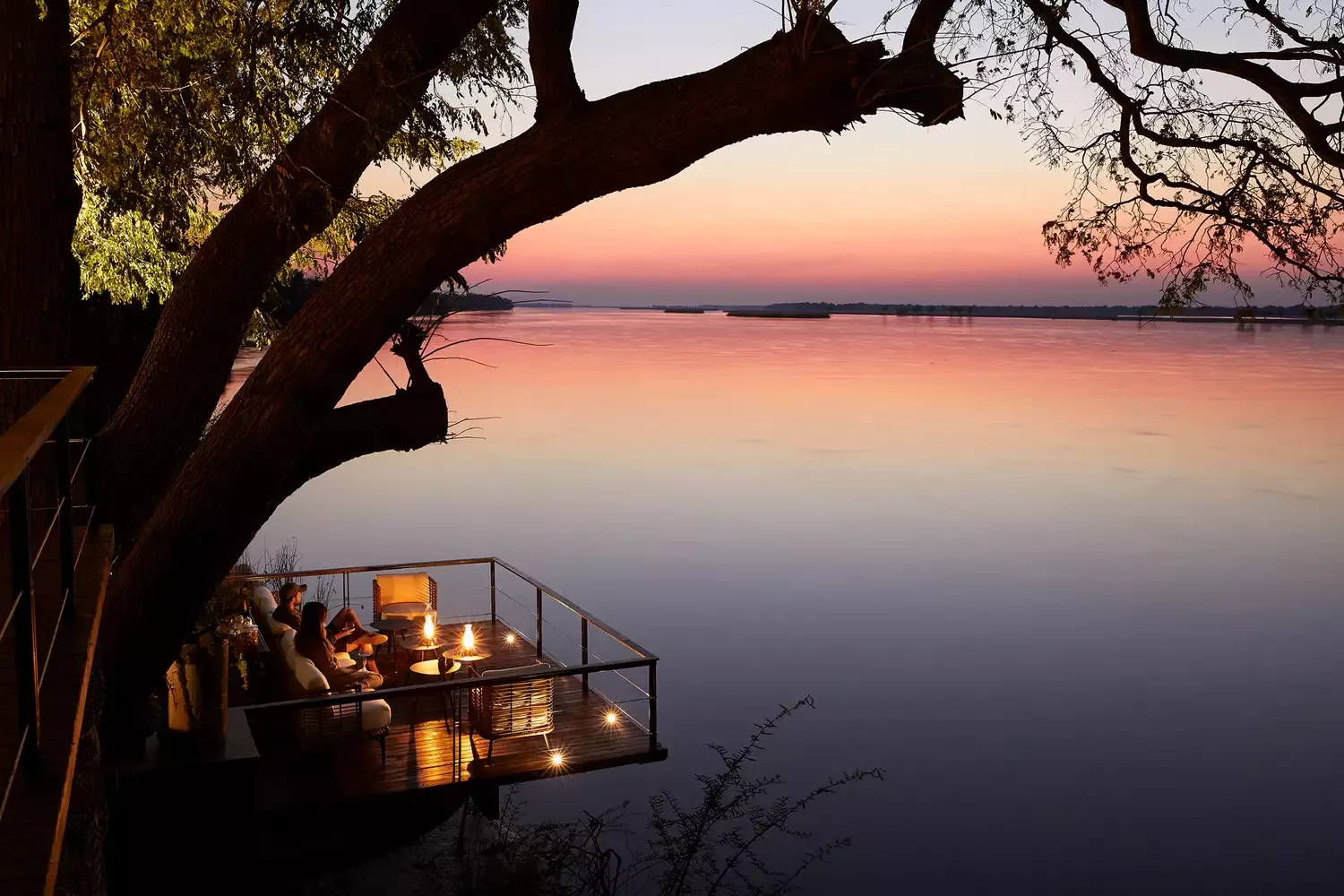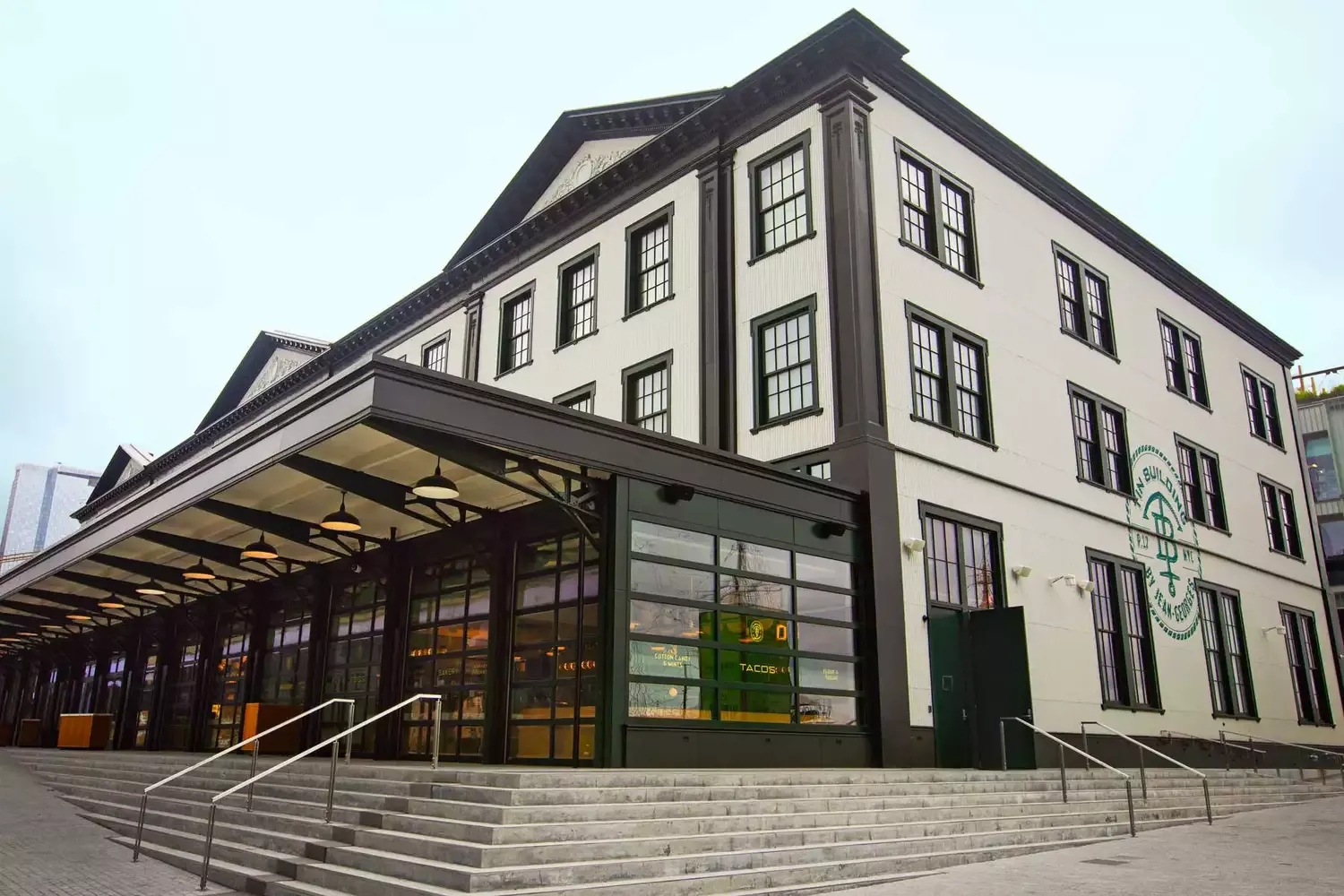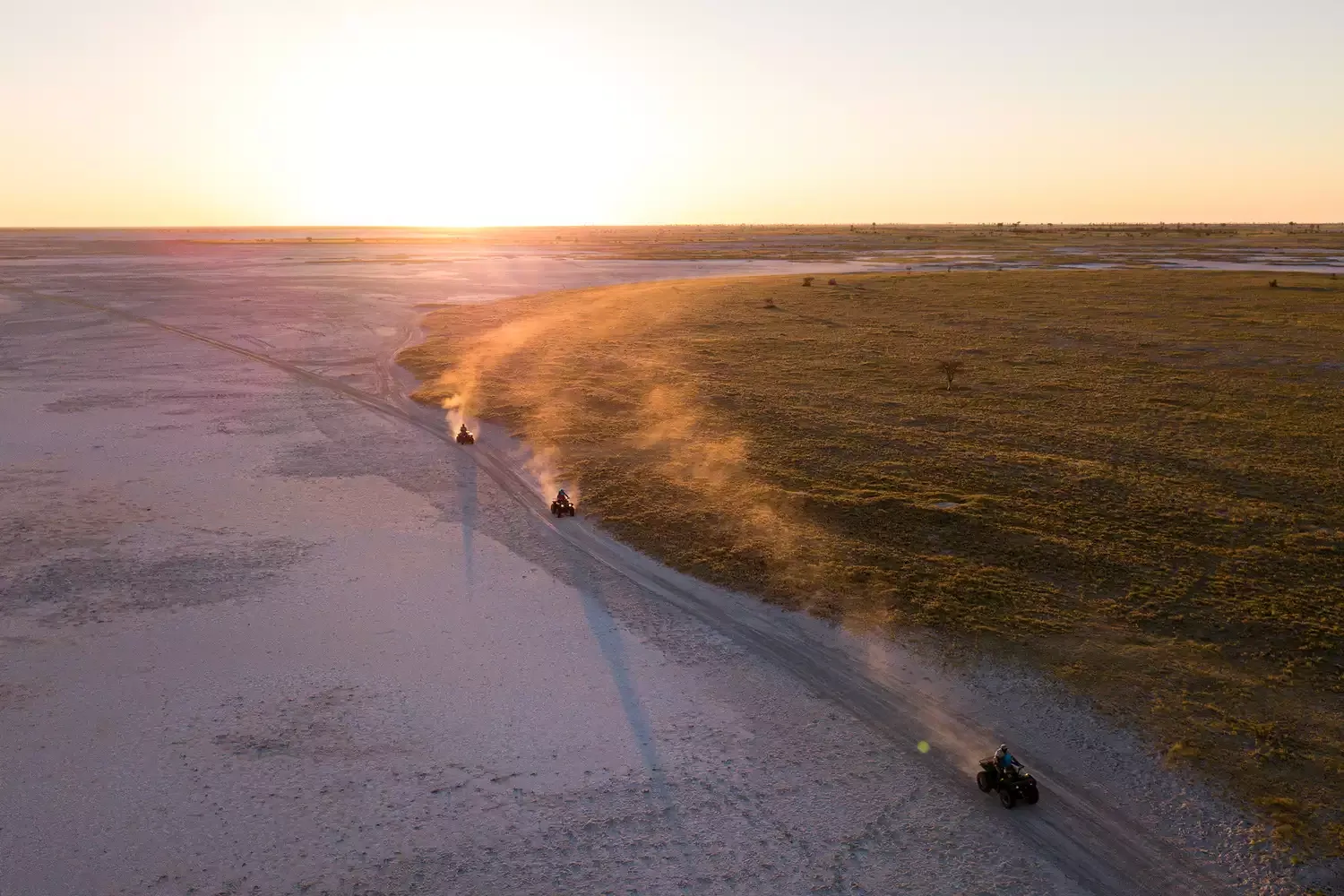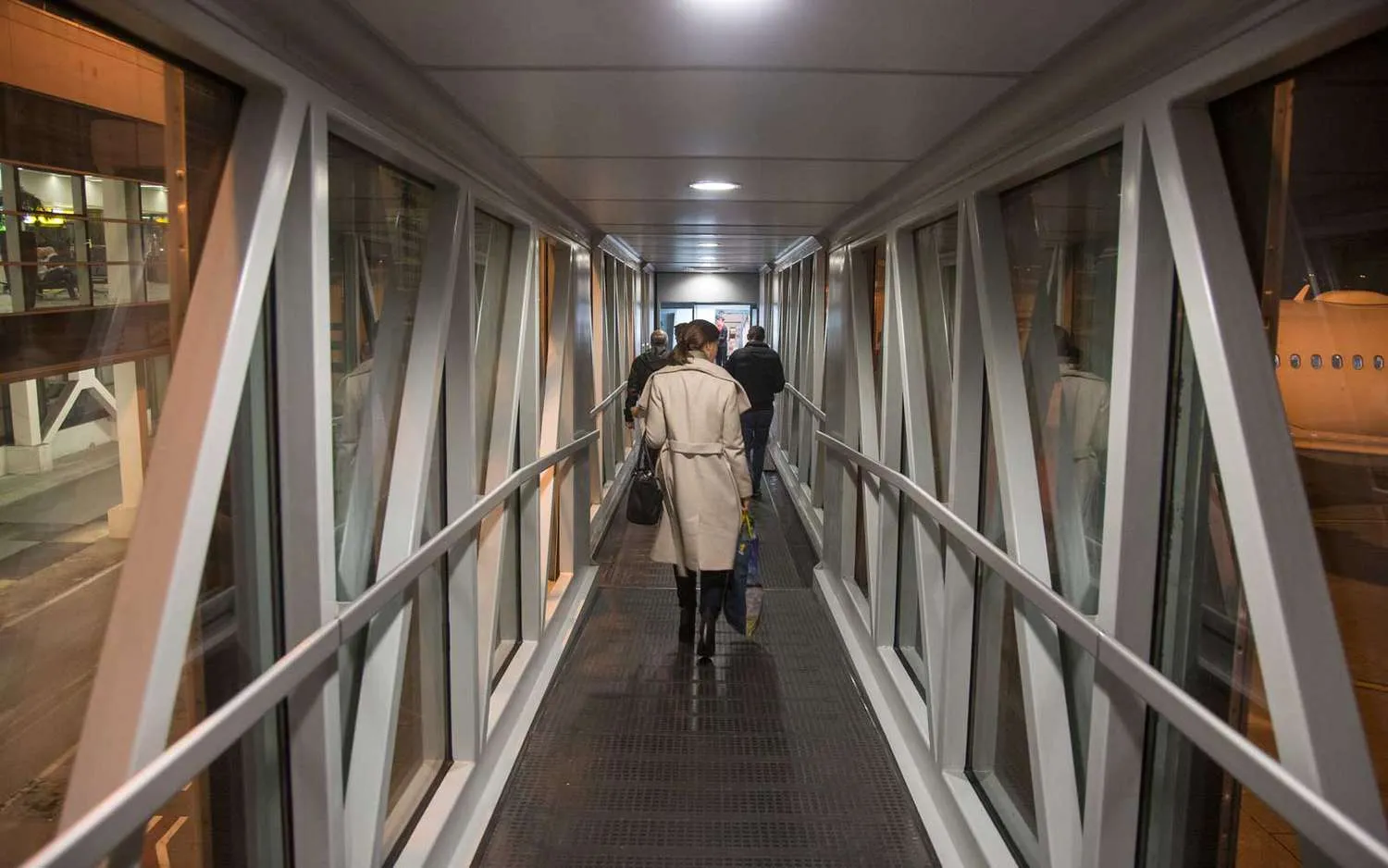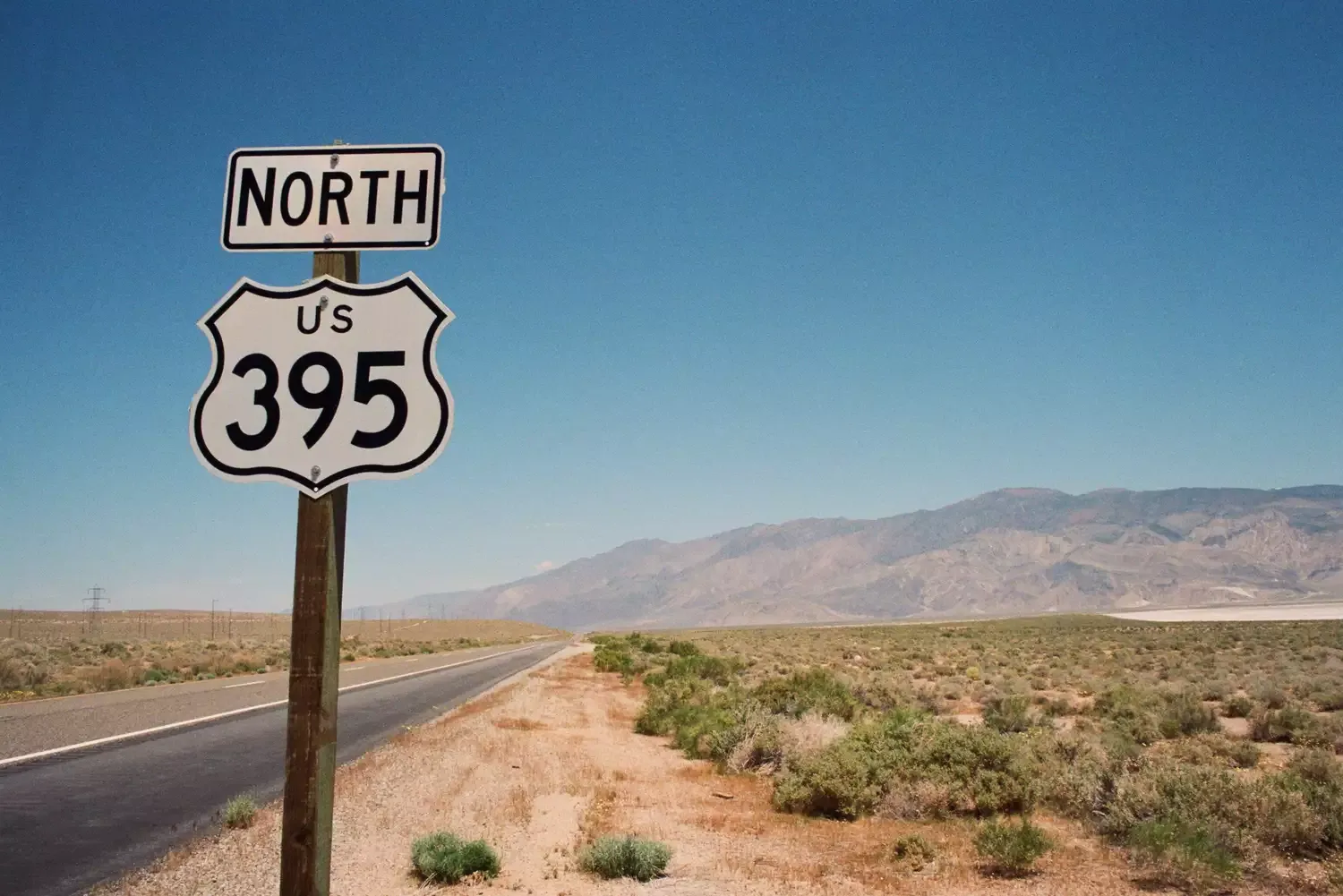Therapists suggest waiting at least six months before a couple's first vacation together. This allows for a solid foundation built on understanding each other's habits and conflict styles. Early trips, fueled by relationship excitement, can reveal incompatibilities and potentially create unnecessary relationship stress. A well-established relationship increases the chance of a successful and enjoyable couple's getaway.
Why the Timing of a Couples Vacation Matters
The honeymoon phase is exciting, but it can also be misleading. You're both on your best behavior, eager to impress. A vacation, however, throws you into a different environment. It tests your ability to handle stress together, navigate unfamiliar situations, and compromise on everything from activities to restaurant choices. Rushing into a trip too early can expose incompatibilities you might not be ready to face. Conversely, waiting too long might signal a lack of commitment or a fear of deeper connection.
A poorly timed getaway can lead to unnecessary conflict. Imagine discovering your travel styles clash dramatically, or that one person dominates the itinerary, leaving the other feeling unheard. These experiences can create resentment and damage the nascent bond. On the other hand, a well-planned and appropriately timed trip can strengthen your relationship, create lasting memories, and reveal a deeper understanding of each other.
Therapist-Recommended Timeline for a First Vacation
While there's no one-size-fits-all answer, therapists often suggest waiting a certain amount of time before embarking on a romantic vacation. The general consensus is that couples should know each other fairly well before committing to spending extended, uninterrupted time together in an unfamiliar setting. Here's a table summarizing what therapists say about a vacation timeline:
Timeline |
Rationale |
Potential Benefits |
Potential Risks |
|---|
Less than 3 Months |
Considered too early by most therapists. The relationship is still in the initial stages of getting to know each other. |
Intense bonding and accelerated connection if things go well. Could reveal significant incompatibilities early on, saving time in the long run. |
May be overwhelming and lead to unrealistic expectations. High risk of conflict if core values and lifestyles haven't been explored yet. Potential for emotional distress if the trip highlights deal-breakers. |
3-6 Months |
A more reasonable timeframe, allowing for some understanding of each other's habits, values, and communication styles. You've likely seen each other in different situations and observed how you handle conflict on a small scale. |
Offers a chance to deepen intimacy and test compatibility in a new environment. Allows for creating shared memories and strengthens emotional connection. You will be able to learn to communicate and compromise on things that you want to do on your vacation and find some common interests. |
Still carries some risk of discovering unforeseen incompatibilities. May be challenging to navigate differing expectations for the vacation. Requires open communication and a willingness to compromise. |
6 Months - 1 Year |
Generally considered a safe and ideal timeframe. You've likely weathered some challenges together and have a solid understanding of each other's personalities, values, and needs. You've most likely communicated your wants and needs and know what to expect from your partner. |
Provides a comfortable and enjoyable experience with a lower risk of major conflicts. Opportunity to strengthen the bond and create lasting memories. Allows for a more relaxed and authentic connection. |
The thrill of discovery might be slightly diminished compared to an earlier trip. May require more effort to maintain spontaneity and excitement. Can be seen as too conservative by some couples. |
More than 1 Year |
Acceptable, but some might question the delay. If you both felt comfortable and bonded with each other for a very long time, you might be ready to take a leap of faith and go on your first couples vacation. |
A great chance to refresh the bond and to explore new things with one another. You can communicate your needs and wants easier and it provides a comfortable and enjoyable experience with a lower risk of major conflicts. |
The delay can be viewed as avoidance or hesitance about commitment. It might indicate unmet expectations or a lack of adventure in the relationship. Requires open communication to understand the reasons behind the delay. |
Beyond the Timeline: Key Considerations
While the timeline provides a helpful framework, it's crucial to consider other factors that can influence the success of your first vacation. These include:
Communication Styles: Can you openly and honestly discuss your expectations, needs, and concerns?
Conflict Resolution Skills: How do you handle disagreements? Can you compromise and find mutually acceptable solutions?
Travel Preferences: Do your travel styles align? Are you both comfortable with the chosen destination and activities?
Financial Compatibility: Are you on the same page regarding spending habits and budget?
Individual Needs: Do you both have realistic expectations about personal space and alone time during the trip?
Preparing for Your Romantic Getaway
Regardless of when you decide to travel, preparation is key. Discuss your expectations openly, create a flexible itinerary, and be willing to compromise. Remember, the goal is to create a positive and memorable experience that strengthens your bond. Talk about things that you both enjoy doing and come up with a few plans that will include both things. Try doing something spontaneous to add to the excitement.
A vacation is an excellent way to learn more about your partner and build a stronger foundation for your relationship. By carefully considering the timing and preparing effectively, you can create a romantic getaway that strengthens your connection and creates lasting memories.



